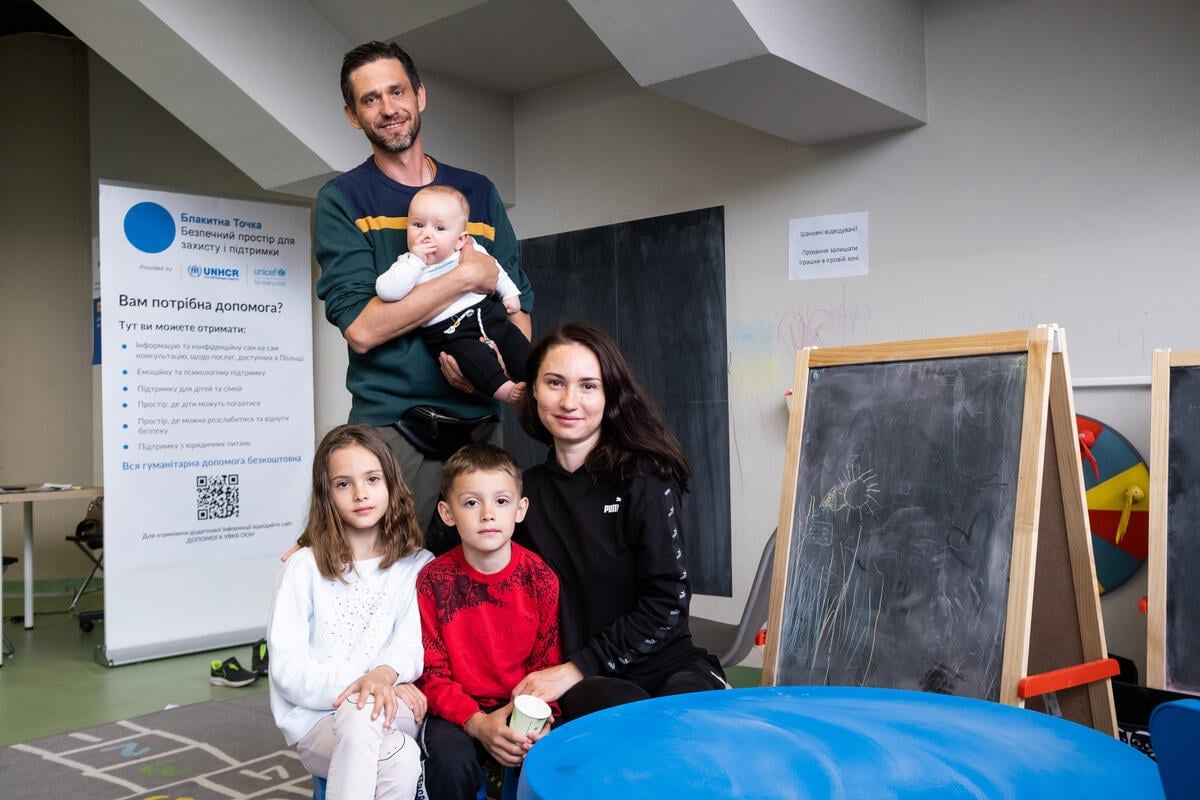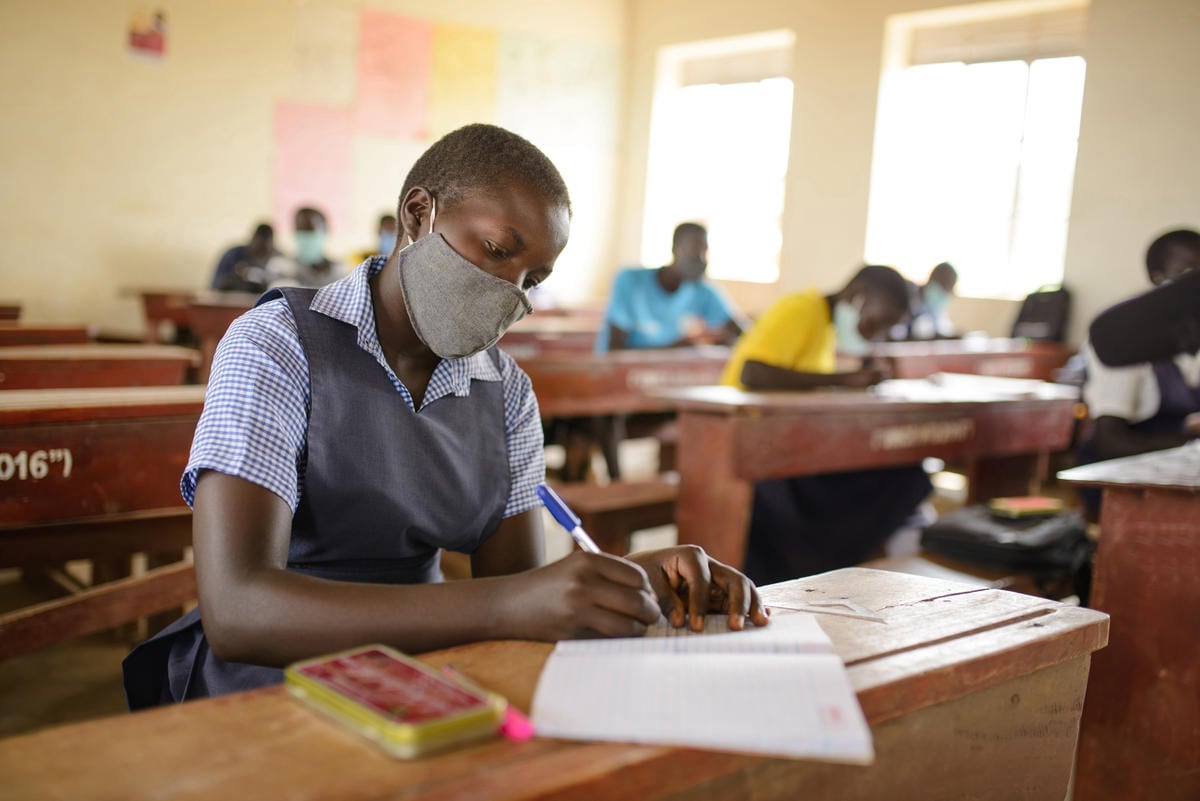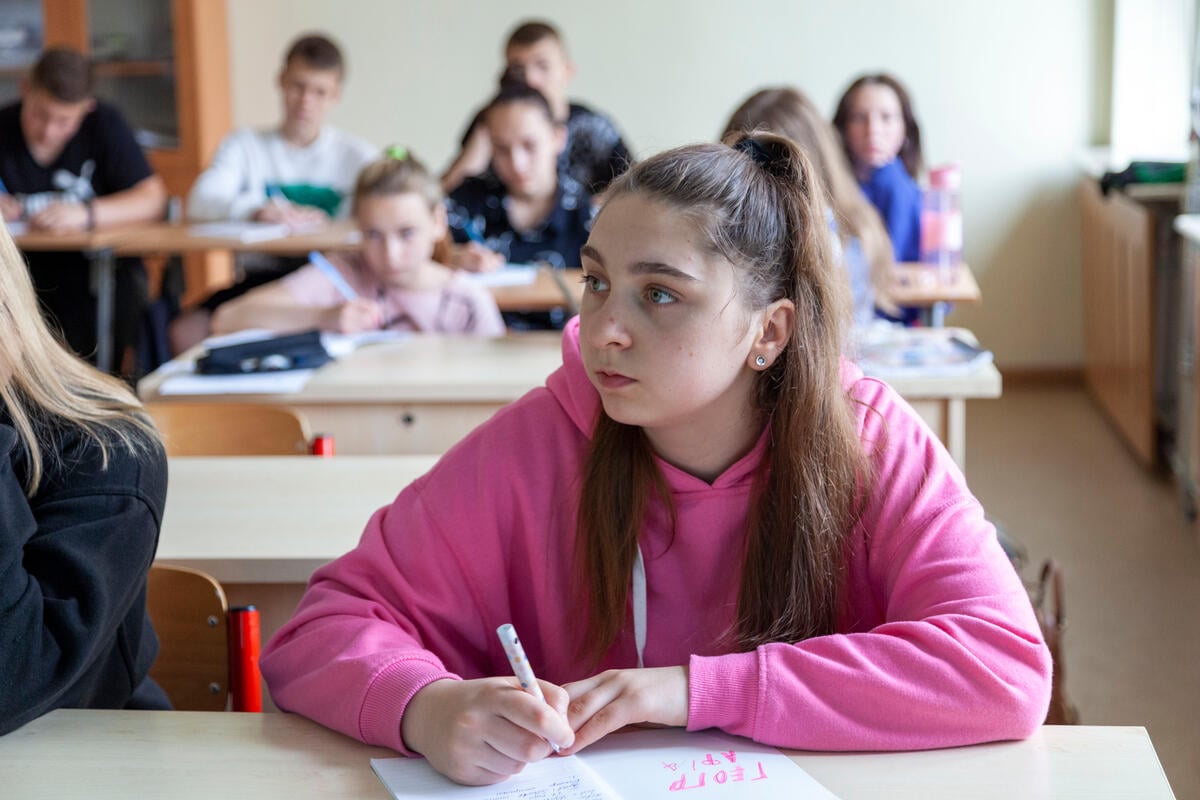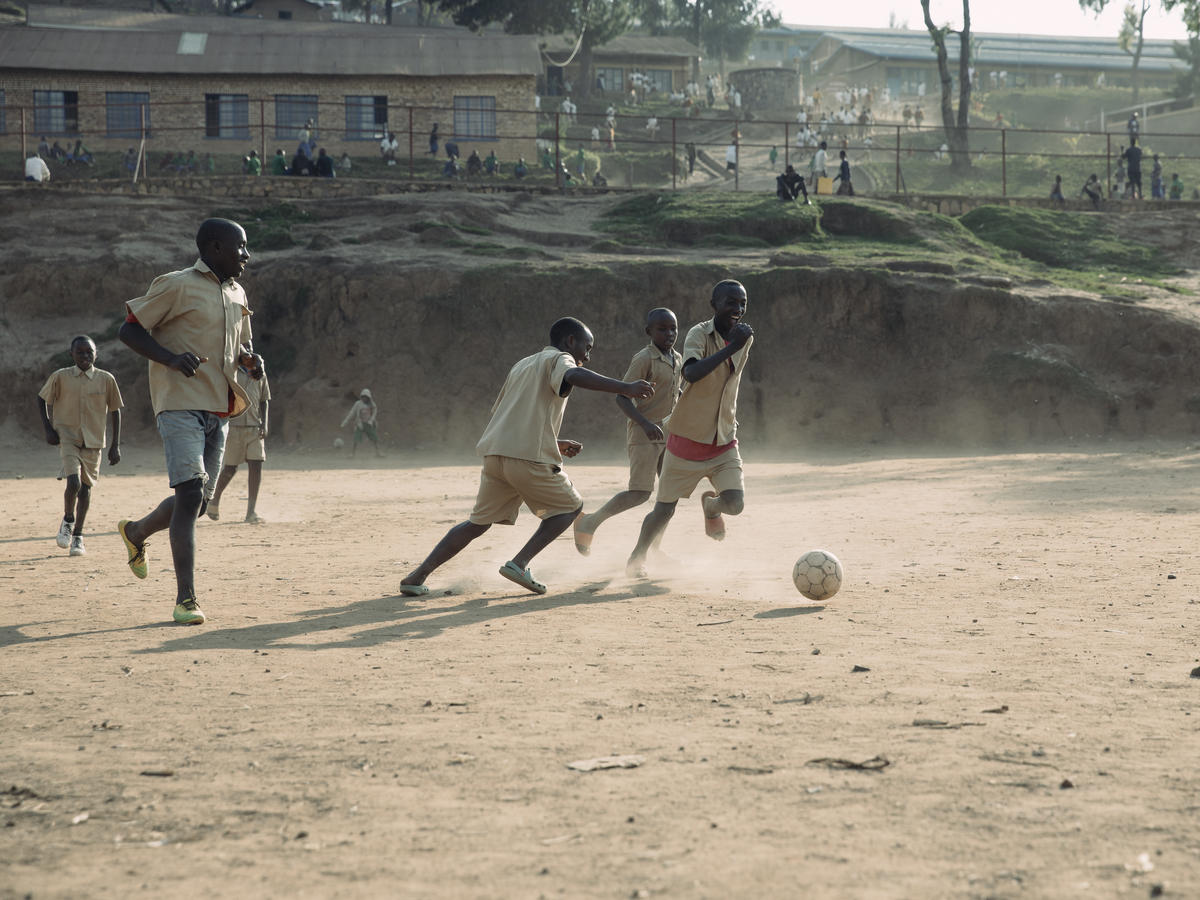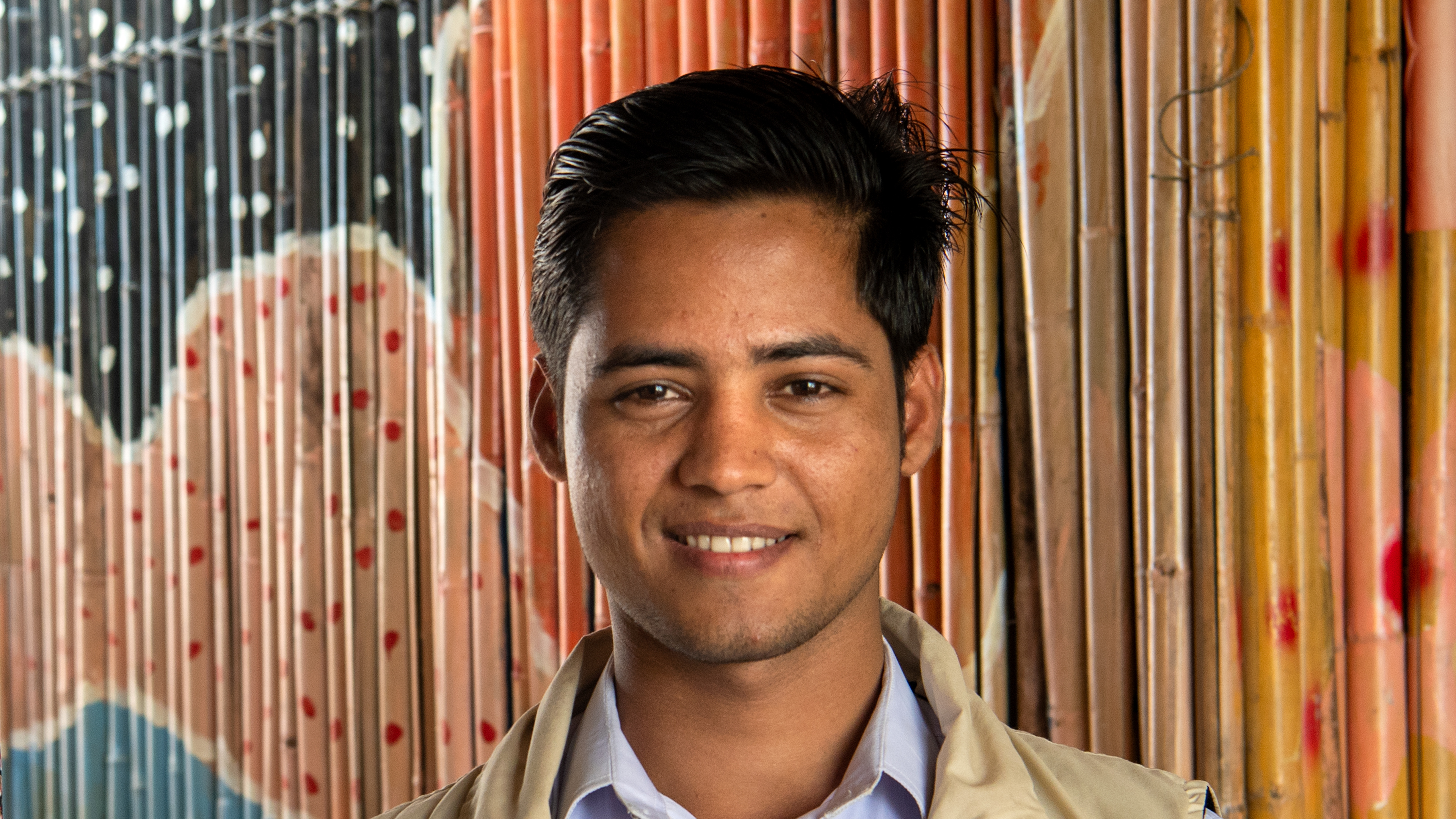Feature: Afghan children face iris test with wide-eyed wonder
Feature: Afghan children face iris test with wide-eyed wonder

PESHAWAR, Pakistan (UNHCR) - Six-year-old Idress was restless. He did not understand why he had to sit still and make eyes at a machine when he could be out playing with his brother and sisters during his last few hours in Pakistan.
Despite his protests, his father coaxed him into a room at the iris validation centre in Hayatabad, Peshawar, where a nice lady told him to look into a camera. The whole process was over in a matter of seconds and the boy was soon heading homewards on a truck to Afghanistan with his family.
Idress was one of 200 to 220 Afghan refugees who pass through the Peshawar iris validation centre every day on their way back to Afghanistan. But he was probably one of the youngest to undergo iris scanning to prevent refugees from going through the repatriation process repeatedly in order to claim more UNHCR assistance.
In mid-July, the UN refugee agency lowered the minimum age for iris scanning from 12 to six, so that every potential Afghan returnee aged six and above has to have his iris photographed and matched against the database to ascertain that he is a first-time returnee.
"We had discussed the issue of the age limit extensively when we introduced the iris-verification process in Pakistan, and agreed to change it if needed," explained Indrika Ratwatte, UNHCR's senior repatriation co-ordinator in Pakistan. "It has come to our notice recently that some adults are trying to abuse the system by taking back more children under the age of 12 as they have not been through iris verification."
The new rule aims to protect young refugees from being "recycled" through the process in return for a travel grant, food and relief items distributed by UNHCR.
Between January and July this year, the refugee agency verified more than 120,000 Afghan returnees at three iris validation centres in Pakistan - in Peshawar, Quetta and Chaman. More than 100,000 children under 12 did not undergo iris scanning, but that will change with the new rule.
"The iris scanning system has proven to be a deterrent for those who want to abuse the system," said Nawal Atme, UNHCR's repatriation officer in Peshawar, noting that only 600 Afghans have been caught trying to evade the high-technology verification system this year. "Lowering the age limit has had no negative impact on the returnees or their desire to go home."
The iris verification process uses state-of-the-art technology and is non-obtrusive. Potential returnees are asked to look through a small hole while a camera captures a close-up of their iris. Each photographed iris is saved as an image, not as a name, to simplify the process and protect the privacy of returnees. The image is then added to a computer database that is shared among the three iris validation centres, such that UNHCR staff will be alerted every time someone tries to go through the process again.
"I am seeing the machines for the first time, but I am sure that it does not harm the human eyes, as assured by UNHCR," said Fareeda, a 38-year-old mother of two, from behind her blue burqa at the Peshawar centre. "My son did not have any problems other than having to do the test twice because he was holding his eye too far from the camera."
Fitana, who was operating the iris-scanning machine, added, "The children are generally curious about what we do here, but some get shy when they sit on the chair and have to concentrate on the camera with one eye. Sometimes it takes a few tries to record their iris image successfully, but it does not take too long or delay operations."

In view of cultural sensitivities that do not allow Afghan women to unveil themselves in front of men, UNHCR has hired women operators like Fitana to process the refugee women and children.
By the end of the day, Fareeda and her children had successfully passed the iris test, had their documents stamped, and were on their way home, joining the trail of some 240,000 others who have already gone back from Pakistan this year.
By Babar Baloch
UNHCR Pakistan



